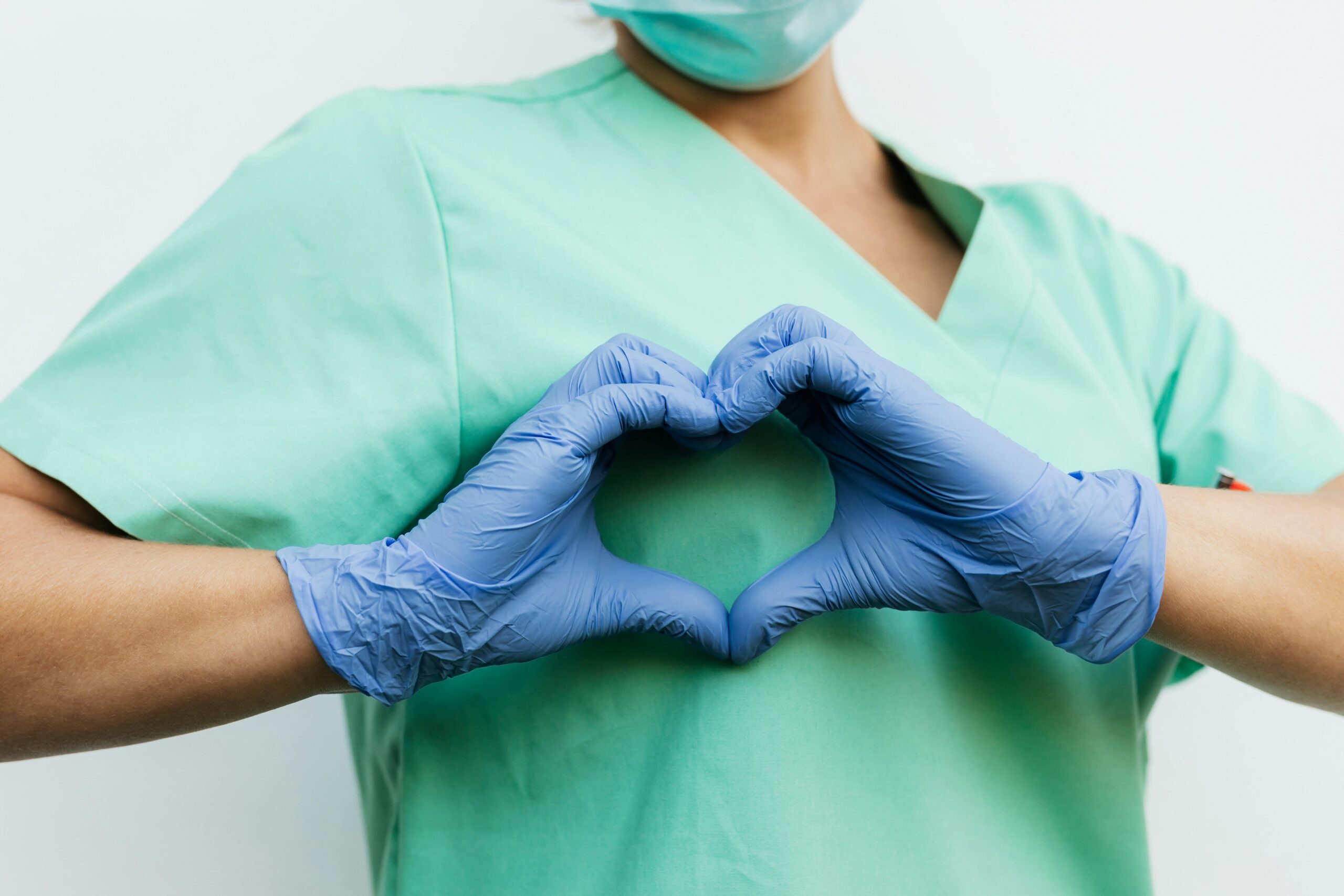Alcohol addiction—clinically known as Alcohol Use Disorder (AUD)—affects nearly 30 million Americans, yet fewer than one in ten receive treatment. Why? Because despite growing awareness, stigma remains high, and many people simply don’t know where to start. Even those who seek help often feel overwhelmed by options. Detox centers, 12-step meetings, residential rehabs, medication, mindfulness apps—how do you know what actually works?
Table of Contents
ToggleIt’s a question we hear every day: what’s the best treatment for alcohol addiction? The answer, as frustrating as it may seem, is: it depends. There’s no one-size-fits-all cure. But there are evidence-based strategies that dramatically improve outcomes—and there are approaches that sound helpful but fall short. If you or someone you love is struggling with alcohol addiction, understanding what works (and what doesn’t) could be the turning point toward real recovery.
In this blog post, we’ll take a deep dive into treatment for alcohol addiction. We’ll unpack the stages of recovery, explore science-backed therapies, bust myths, and shine a light on the treatments that overpromise and underdeliver. This is your honest, human, research-driven guide to finding the care that heals—not just hides—alcohol addiction.
Understanding the Nature of Alcohol Addiction
Before we evaluate treatment options, we need to get clear on what we’re treating. Alcohol addiction isn’t a moral failing or lack of willpower. It’s a chronic brain disease with biological, psychological, and social components. According to the American Society of Addiction Medicine (ASAM), AUD involves:
-
Compulsive alcohol use despite negative consequences
-
Loss of control over the amount or frequency of drinking
-
A strong craving or urge to drink
-
Tolerance and withdrawal symptoms
Addiction hijacks the brain’s reward system, particularly the dopamine pathways involved in pleasure, motivation, and reinforcement. Over time, drinking becomes less about feeling good and more about avoiding discomfort, anxiety, or withdrawal. This makes quitting hard—not just physically, but emotionally and neurologically. That’s why treatment must address the whole person—body, mind, and environment.
What Effective Treatment Looks Like
The most successful treatment plans for alcohol addiction are individualized, evidence-based, and integrated. They don’t just focus on abstinence; they help people rebuild their lives, restore their relationships, and reimagine their identities. According to the National Institute on Alcohol Abuse and Alcoholism (NIAAA), effective treatment typically involves:
-
A comprehensive assessment
-
Medical detox (if needed)
-
Behavioral therapies
-
Medication support
-
Social and peer support
-
Long-term recovery planning
Let’s break down these components to see what actually works—and where common pitfalls lie.
Medical Detox: When It’s Necessary and What It Offers
What Works:
For people who have been drinking heavily for a long time, suddenly stopping alcohol can be dangerous—even life-threatening. Symptoms of alcohol withdrawal can include:
-
Anxiety and irritability
-
Nausea and vomiting
-
Tremors
-
Seizures
-
Delirium tremens (DTs), which can be fatal
Medical detox provides a safe, supervised environment to manage withdrawal symptoms and stabilize the body. Patients may receive:
-
IV fluids and nutrition
-
Benzodiazepines to prevent seizures
-
Anti-nausea or anti-anxiety medications
-
Round-the-clock medical monitoring
Detox is not treatment—it’s the first step. But when done safely and correctly, it lays the foundation for the deeper work of recovery.
What Doesn’t Work:
Going “cold turkey” at home without medical supervision can be dangerous. DIY detox strategies (using herbal cleanses, extreme fasting, or over-the-counter meds) often fail—and put people at risk. Detox is not a substitute for long-term treatment.
Behavioral Therapies: The Core of Recovery
What Works:
Behavioral therapy is the gold standard for treating alcohol addiction. It helps people understand the underlying thoughts, triggers, and behaviors that fuel their drinking—and equips them with tools to cope. Effective modalities include:
-
Cognitive Behavioral Therapy (CBT): Teaches people to identify negative thought patterns, challenge cognitive distortions, and replace harmful behaviors with healthier choices. CBT is widely backed by clinical research.
-
Motivational Interviewing (MI): A person-centered approach that helps individuals resolve ambivalence and build internal motivation for change. Especially helpful for people in early stages of recovery.
-
Dialectical Behavior Therapy (DBT): Originally developed for borderline personality disorder, DBT is highly effective for people with co-occurring emotional dysregulation or trauma. It focuses on distress tolerance, emotional regulation, and mindfulness.
-
Contingency Management (CM): Uses tangible rewards to reinforce sobriety (e.g., gift cards for clean urine tests). Proven effective in increasing treatment adherence and abstinence.
-
Trauma-Informed Therapy: Many people with AUD have a history of trauma. Therapies that recognize and safely explore trauma—like EMDR or somatic experiencing—can reduce relapse risk.
What Doesn’t Work:
“Talk therapy” without a structured, evidence-based approach can feel like venting without growth. Unlicensed counseling or generic life coaching may offer temporary support but often lacks the clinical depth needed to treat AUD. Therapy should be grounded in addiction science, not just conversation.
Medication-Assisted Treatment (MAT) for Alcohol Addiction
What Works:
MAT combines medications with therapy and support. Though underutilized, MAT is a powerful tool for many people. FDA-approved medications include:
-
Naltrexone (ReVia, Vivitrol): Reduces cravings and blocks the pleasurable effects of alcohol. Available in daily pill or monthly injection form.
-
Acamprosate (Campral): Helps restore brain chemical balance and reduce post-acute withdrawal symptoms like insomnia and anxiety.
-
Disulfiram (Antabuse): Causes a severe reaction (nausea, headache, flushing) if alcohol is consumed. Effective for highly motivated individuals with strong external accountability.
MAT is especially helpful for people with severe AUD, co-occurring mental health conditions, or previous relapse history. It doesn’t “cure” addiction but supports long-term recovery.
What Doesn’t Work:
Relying on medication alone, without therapy or lifestyle changes, is rarely effective. Also, off-label or unproven substances marketed as “cures” (like certain supplements, psychedelics, or homeopathic remedies) lack scientific backing and can be dangerous. MAT should always be prescribed and monitored by a qualified medical professional.
Inpatient vs. Outpatient Treatment: Choosing the Right Level of Care
What Works:
Choosing between inpatient and outpatient depends on a person’s needs, risks, and resources.
-
Inpatient Rehab:
-
24/7 supervision, ideal for severe AUD or unstable living situations
-
Structured schedules with therapy, education, and peer support
-
Detox services may be integrated
-
Typically lasts 28–90 days
-
-
Outpatient Programs (IOP/PHP):
-
Flexible care that allows people to live at home
-
Ideal for those with work or family obligations
-
Includes group therapy, individual sessions, and relapse prevention planning
-
Can be a step-down from inpatient or a standalone option
-
Both models can be effective when matched appropriately. What matters is not the setting—it’s the quality of the program and the level of engagement.
What Doesn’t Work:
Low-quality rehab centers with minimal staff, unlicensed counselors, or a “one-size-fits-all” approach often lead to relapse. Beware of facilities that overpromise (e.g., “Guaranteed cure in 30 days!”) or underdeliver on aftercare planning.
Peer Support: The Power of Community
What Works:
Social connection is a predictor of recovery success. Peer support offers belonging, accountability, and hope. Popular options include:
-
12-Step Programs (AA): Spiritual, structured, widely available. Sponsors provide mentorship and meetings offer fellowship.
-
SMART Recovery: Secular, science-based approach focusing on self-empowerment and cognitive tools.
-
Refuge Recovery or Dharma Recovery: Buddhist-inspired, mindfulness-based paths to sobriety.
-
Online Communities: Platforms like Reddit’s r/stopdrinking, Sober Grid, or Tempest offer anonymous, on-demand support.
Regular participation in peer groups significantly reduces relapse rates. Many people combine peer support with therapy and MAT for comprehensive care.
What Doesn’t Work:
Relying solely on peer support without addressing underlying issues—like trauma, depression, or anxiety—can stall progress. Also, rigid or dogmatic groups that shame medication use or mental health support can alienate those who need holistic care. Look for inclusive, evidence-respecting spaces.
Holistic and Complementary Therapies
What Works:
When used alongside traditional treatment, holistic therapies can enhance recovery:
-
Mindfulness and Meditation: Improves emotional regulation and reduces cravings.
-
Yoga and Breathwork: Supports nervous system regulation and body awareness.
-
Art, Music, or Movement Therapy: Offers nonverbal ways to process emotions.
-
Nutrition Counseling: Helps restore physical health and support mood stability.
-
Exercise Programs: Boosts dopamine naturally and reduces stress.
These approaches work best as complements, not replacements, for core treatments.
What Doesn’t Work:
Programs that rely only on holistic therapies without clinical support may offer temporary relief but lack the structure for long-term recovery. Be wary of retreat-style programs that promote spirituality or wellness without addressing the science of addiction.
Treatments That Overpromise and Underdeliver
Quick-Fix Detox Kits:
Often marketed online, these unregulated products claim to “flush alcohol” from your system. At best, they’re ineffective; at worst, they can be harmful.
Pseudoscientific Supplements:
Some companies market supplements as “cures” for addiction. While certain nutrients (like B-vitamins or magnesium) support recovery, no supplement alone can treat AUD.
Unlicensed “Sober Coaches”:
Not to be confused with certified recovery coaches, untrained individuals offering expensive support may do more harm than good. Always verify credentials.
One-Size-Fits-All Programs:
Treatment must be individualized. Programs that don’t account for trauma, culture, co-occurring disorders, or personal goals are less likely to succeed.
What Actually Drives Long-Term Recovery
Readiness and Motivation:
People who enter treatment voluntarily, or who develop internal motivation, have better outcomes. That’s why motivational interviewing is so effective—it meets people where they are.
Length of Engagement:
Longer treatment = better outcomes. According to NIDA, 90+ days of continuous engagement (in any format) is a key threshold for lasting change.
Aftercare Planning:
Recovery doesn’t end when rehab does. Effective programs create clear aftercare plans: support groups, ongoing therapy, relapse prevention tools, and sober housing if needed.
Family Involvement:
Family therapy and education reduce relapse rates and improve overall functioning. Addiction impacts the whole family—and recovery should too.
Holistic Identity Shift:
The most lasting recoveries come from a shift in identity. People stop identifying as “a drinker” and begin to see themselves as a parent, artist, athlete, leader. Sobriety becomes a means to a bigger life, not just an end.
Actionable Takeaways
-
Seek a Comprehensive Assessment: Start with a professional who can evaluate your physical, mental, and social needs.
-
Combine Treatments: Therapy + medication + support groups = the most robust path.
-
Beware of Quick Fixes: There’s no magic pill. True healing takes time, effort, and commitment.
-
Stay Engaged: Long-term recovery requires long-term support. Don’t stop at detox.
-
Ask About Credentials: Choose licensed, evidence-based providers over trendy influencers.
-
Get Support for Co-Occurring Issues: Mental health, trauma, and chronic stress must be treated together with AUD.
-
Celebrate Progress: Sobriety milestones matter. Acknowledge each step forward.
Conclusion
Treatment for alcohol addiction is not one-size-fits-all—but it’s also not a shot in the dark. When evidence-based therapies, medication support, peer connection, and holistic care align, people recover. Not just temporarily. Not just halfway. But fully—and for life.
Yes, there are treatments that don’t work. There are programs that overpromise and apps that underdeliver. But there are also thousands of providers, clinics, and communities doing it right. The key is knowing what to look for—and what to walk away from.
At Renew Health, we believe that everyone deserves a recovery plan tailored to their body, brain, and story. We use a multidisciplinary approach because healing isn’t linear—and people aren’t identical. Whether you’re just starting out, relapsing again, or supporting someone you love, know this: real treatment works. And real recovery is possible.
Renew Health: Your Partner in Alcohol Addiction Treatment
Phone: 575‑363‑HELP (4357)
Website: www.renewhealth.com




